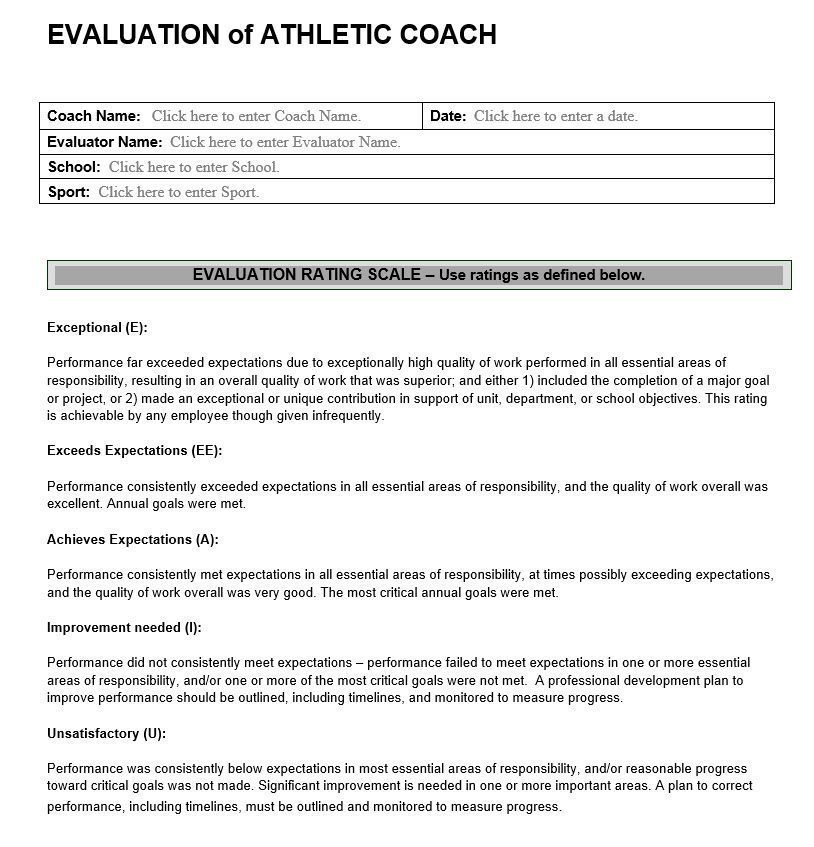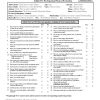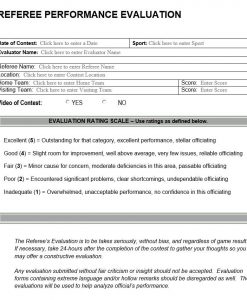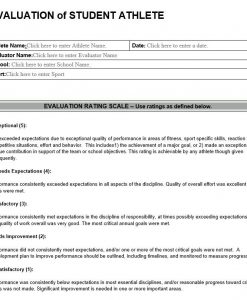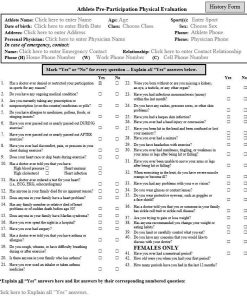Evaluation of Athletic Coach
$10.00
The Evaluation of Athletic Coach Form assesses areas that coaches should excel including meeting objectives, developing communication skills, principles of reinforcement and understanding motivation. Coaches are responsible for conducting themselves and their services according to professional and ethical standards, promoting the interests and protecting the rights of their performers, the sport and the coaching profession.

